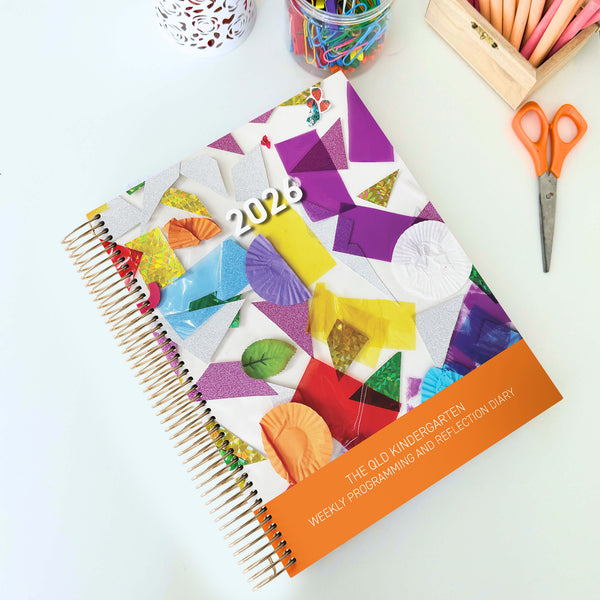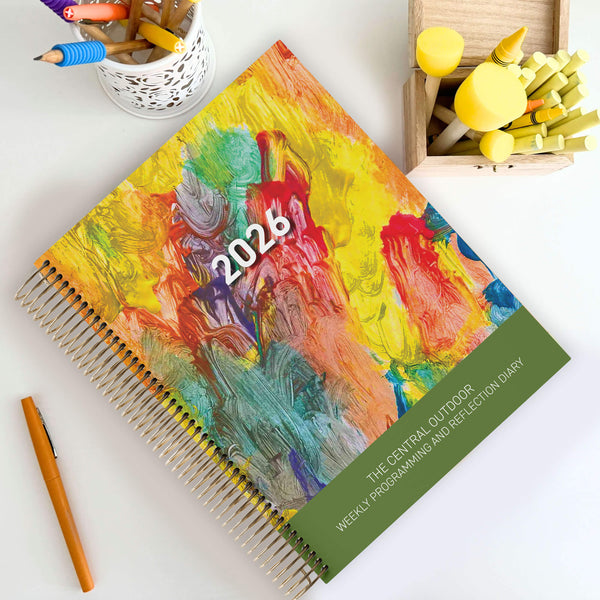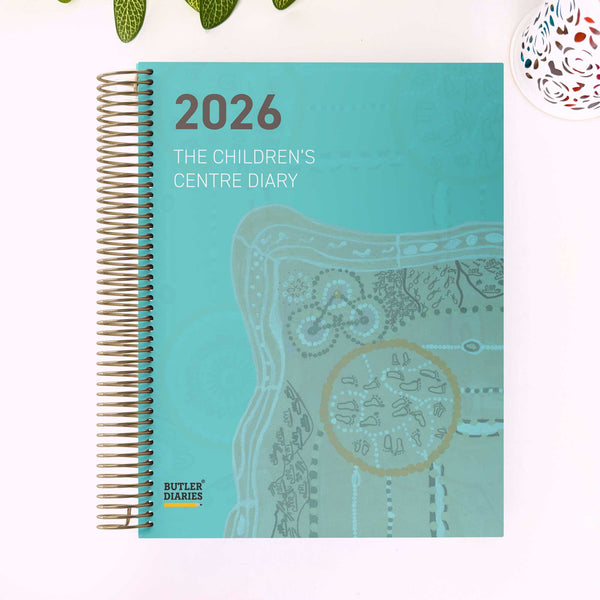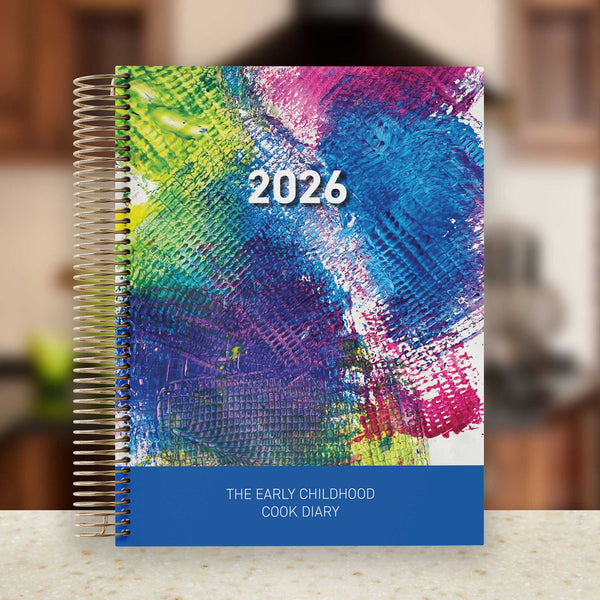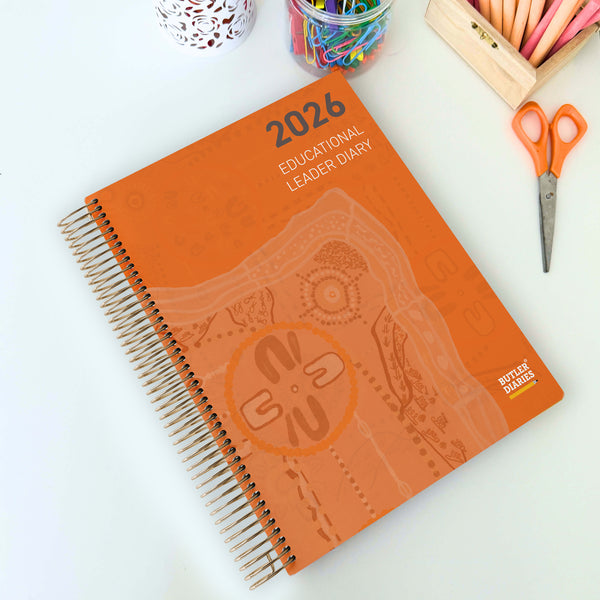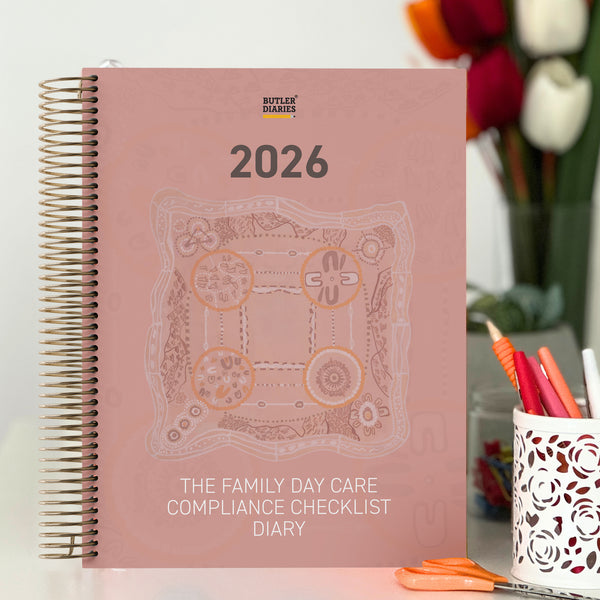As an Early Childhood Educator (ECE), navigating the professional landscape involves understanding not just the joys of shaping young minds but also the rights and protections afforded to you under Fair Work legislation. Ensuring you are well-versed in these rights is essential for maintaining a fair and respectful workplace environment. Here's a comprehensive guide to the basic rights of Early Childhood Educators under Fair Work.
1. Fair Pay and Conditions:
Under Fair Work, Early Childhood Educators are entitled to fair pay and conditions. This includes adherence to minimum wage standards, penalty rates for overtime and weekend work, and entitlements to breaks and leave as outlined in relevant awards and agreements. It's crucial to familiarise yourself with the specific award or agreement that applies to your role to ensure you receive fair compensation for your hard work. You can find a copy of your award on Fair Work.
2. Protection from Discrimination and Harassment:
Every educator deserves to work in an environment free from discrimination and harassment. Fair Work legislation prohibits discrimination based on attributes such as gender, race, age, disability, and sexual orientation. Additionally, it safeguards against harassment, including bullying, verbal abuse, and any form of inappropriate conduct. If you experience or witness discrimination or harassment in the workplace, you have the right to raise concerns and seek resolution through appropriate channels.
3. Safe Working Conditions:
Early Childhood Educators have the right to work in safe and healthy environments. This encompasses physical safety measures, such as proper equipment and facilities, as well as psychological safety, including measures to prevent workplace stress and burnout. Employers are obligated to provide adequate training, resources, and support to ensure the wellbeing of educators and the children under their care.
4. Protection of Employment Rights:
Fair Work legislation protects the rights of educators regarding employment conditions, including contracts, termination, and redundancy. Educators are entitled to fair treatment in all aspects of employment, including recruitment, promotion, and disciplinary procedures. It's essential to understand your employment contract and seek clarification on any terms or conditions that may affect your rights and obligations as an educator. You can always call Fair Work with any questions you have.
5. Collective Bargaining and Representation:
Early Childhood Educators have the right to collective bargaining and representation through unions or professional associations. Joining a union or association can provide additional support and advocacy regarding workplace rights, as well as access to resources and advice on employment-related matters. By collectively voicing concerns and negotiating with employers, educators can advocate for fairer working conditions and better outcomes for themselves and their profession.
6. Access to Professional Development:
Continuous professional development is essential for Early Childhood Educators to stay informed about best practices, developments in the field, and opportunities for career advancement. Fair Work supports access to professional development through provisions for study leave, training programs, and financial assistance where applicable. Investing in your professional growth not only benefits you personally but also enhances the quality of education and care you provide to children and families.
Understanding your basic rights as an Early Childhood Educator under Fair Work is fundamental to ensuring a fair, safe, and fulfilling work experience. By familiarising yourself with relevant legislation, advocating for your rights, and seeking support when needed, you contribute to the creation of positive and respectful workplace cultures that prioritise the wellbeing and professional development of educators.











